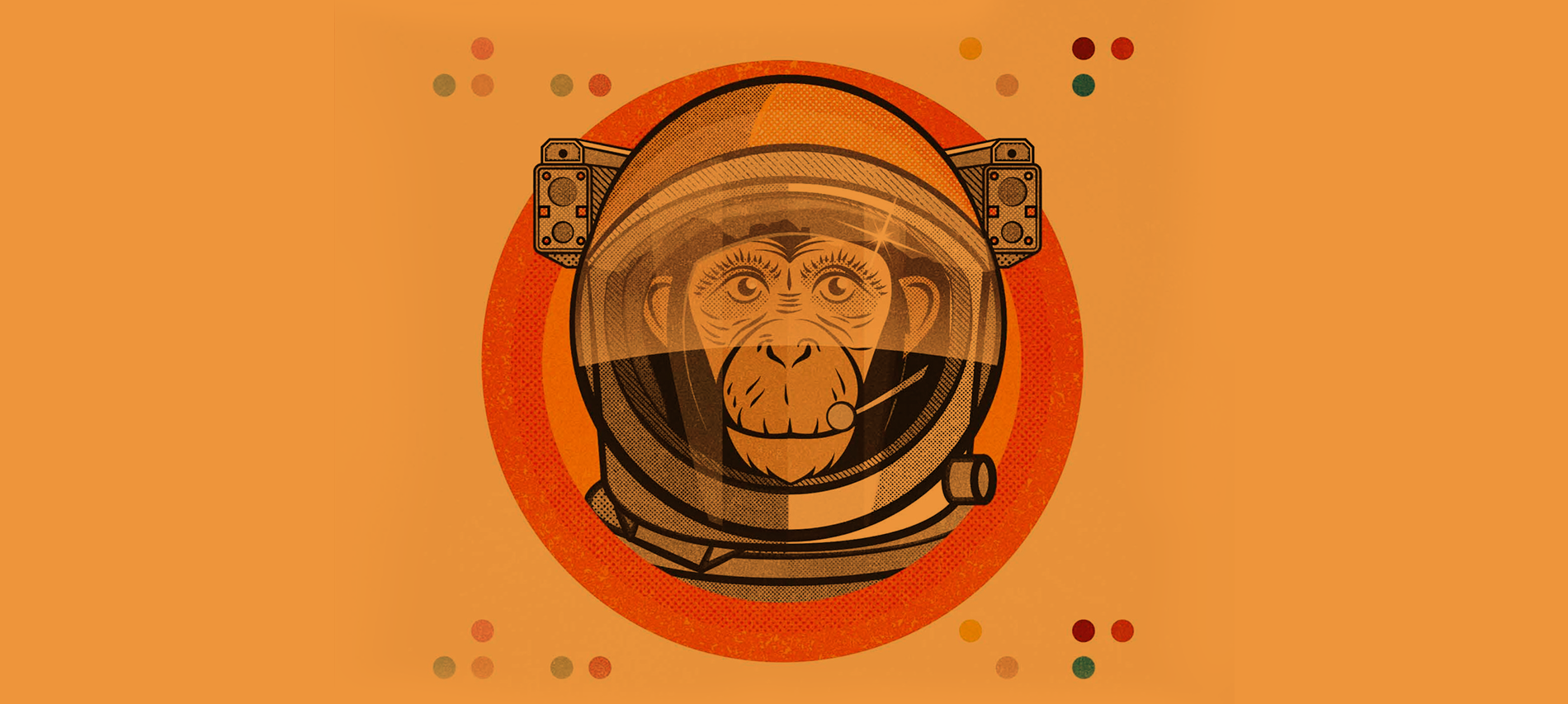
In ‘Science(ish)’, Rick Edwards and Dr Michael Brooks dwell on all the questions that your favourite sci-fi movies provoke. Inspired by their award-winning podcast, this popular science book dedicates each chapter to a different sci-fi classic, and wittily explores the fascinating issues that arise.
Here’s an excerpt from the chapter on the movie ‘The Martian’ which chalks out the health risk that come with a trip to Mars.
Even real astronauts, who are selected and trained to be as mission-focused as possible, can behave badly under the pressures of life in space. In 1973, some of the astronauts on the Skylab space station went on strike for a day because they felt they were being overworked. Then there was the case of the silent cosmonauts: in 1982, two of them went almost seven months on Salyut 7 without talking. Why? They didn’t like each other. If you want to know the other health risks you’ll be taking on your trip to Mars, we’ve compiled a handy list:
Space flu
Your body did not evolve to cope with microgravity. Your heart is designed to pump against gravity, so on the way to Mars, blood and other fluids will accumulate more in your upper body. The result will be a puffy face, headaches, nasal congestion (in space, everyone will hear you sniff) and skinny little chicken legs. Your diaphragm will float upwards too, making it a little more difficult to breathe. Your back will ache because your vertebrae will float apart without gravity. (On the plus side, you could grow a couple of inches in height.)
Muscle loss
You’ll lose muscle mass because you just don’t need to work as hard in microgravity. That means fewer calories are being burned, though. It’s lucky the food is going to be so terrible, because if you don’t exercise whenever possible, you are going to go to seed. And nobody wants a fat, smelly Martian.
B.O.
Yes, you will smell. Washing is difficult in space. Not only because a shower is surprisingly gravity-dependent, but because water is a precious resource.
Nausea
That shift of fluids affects the inner ear, making you nauseous in the first few days. You’re very likely to be spacesick. Just under half of all astronauts are, and they’ve all been chosen because they’ve got the ‘right stuff’. So be prepared to vomit, suffer headaches and dizziness, and generally want to lie down. Except there is no down. Which, as it happens, will also add to your general confusion and disorientation.
Insomnia
Your sleep patterns are going to change radically. It’s often noisy on a spacecraft, and you’ll struggle to fall asleep. Your daily sleep/wake cycles are toast, because there is no pattern of darkness and light to give your body the necessary cues. Fatigue is going to hit you like a late-running train. As well as leaving you tired, disoriented and fuzzy-brained, the lack of sleep will also affect your immune system. You’re going to catch colds and other viral infections if fellow astronauts are carrying any, and you’ll succumb more easily to bacterial infection. Antivirals and antibiotics degrade after a few months, so you’ll be mixing your own medicines from dry ingredients. If you’re awake enough.
Bone loss
Eventually, you’ll suffer bone loss equivalent to a pensioner, because in microgravity astronauts excrete calcium and phosphorus. That means your bones will fracture more easily, and you might have to pass stones through your urinary tract.
Psychosis
Psychological effects of the journey include depression, anxiety, insomnia (ha! and you’re already so tired!) and, in extreme cases, psychosis.
Malformed cells
Oh and your cells, especially your blood cells, may not grow and function properly in the long term, because the lack of gravity will change their shape. We don’t yet know what the effects of this will be, but come on – it’s unlikely to be good.










